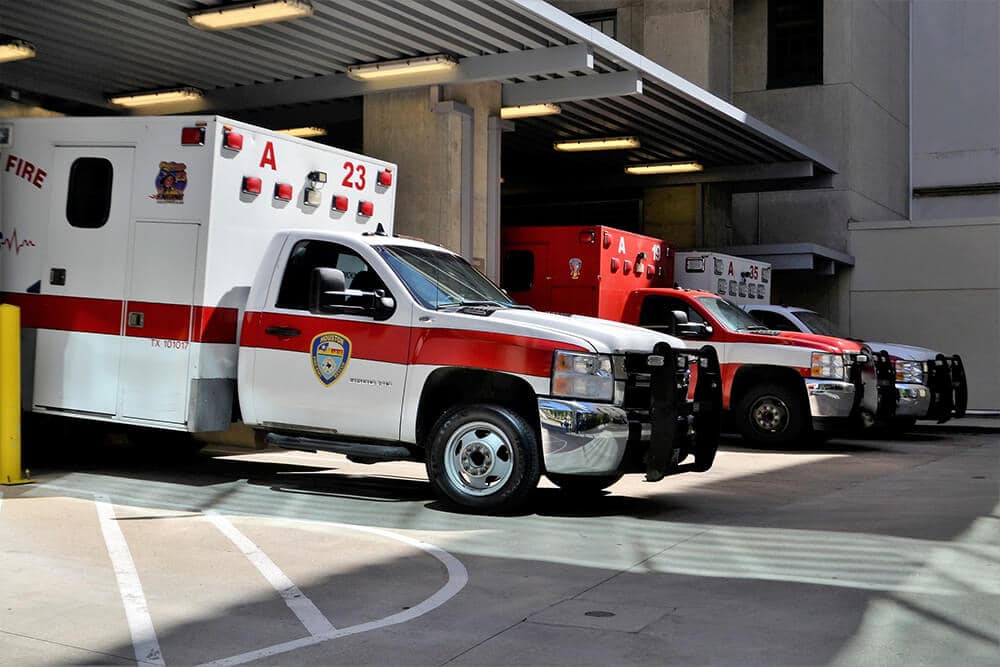
After an accident that causes an injury, whether minor or major, first responders will most likely come to the scene to either evaluate you or transfer you to a hospital for more care. You expect them to provide adequate care in the meantime, but sometimes the opposite happens. Emergency medical teams are sometimes understaffed, have a lot of people to tend to on the scene, or make the wrong decision during a crucial time, which can lead to negligence of some patients and cause injuries.
First responders might be negligent because they think your injuries aren’t as bad as others, or they could just be ignoring you, which is considered medical malpractice because they are expected to provide care in accordance with the duty of care. When they don’t, your injuries can worsen, or you could even die from their negligence, which causes upwards of 120,000 deaths each year, according to the Center for Justice and Democracy.
Prehospital medical services, firefighters, and police officers are all considered first responders, and if they don’t do their jobs correctly, then you can be gravely affected. While their mistakes are probably not intentional, they are still responsible for any injuries or damages that they have caused and should be held accountable. At DiPiero Simmons McGinley & Bastress, PLLC in Charleston, our experienced lawyers are prepared to fight for you to get justice, but first let’s look at how negligent acts of first responders are best prevented.
How Negligence Can Be Prevented
First responders have to act quickly, which means that they have a lot of pressure on them at all times. Without diligence, errors can occur that cause injuries or death for patients who most likely need more medical care after an accident.
As a patient, you don’t have control over your care, especially if you’ve been seriously injured in an accident, but your first responder team does have control, and can prevent injuries from negligence. EMS1, a site for news and training in the EMS community, lists the best ways for first responders to avoid negligence while on the job. Here are some of the ways:
- Always act within your scope of practice
- Follow protocol and procedures, whether they be local, state, or federal
- Keep your patients out of harm’s way
- Maintain the dignity of every patient
If the person providing you with emergency medical care does not follow these guidelines, you might have a medical malpractice claim against them, but first you’ll need to prove their negligence. Let’s look at the components you need to prove.
How to Prove Negligence
When it comes to your case for negligence, there are four aspects that you must prove in order to recover damages:
- There is an expected duty of care
- That duty was breached
- There was an injury
- That injury was a direct result of the breach of duty
Proving medical-related negligence can be complex when it comes to first responders, though, because if you require treatment from them, you are most likely already injured, so it can be hard to prove that it was their negligence that directly caused a worse injury or even death. Since this can be complicated, you’ll need the help of a medical malpractice lawyer to help you navigate your situation.
At DiPiero Simmons McGinley & Bastress in Charleston, we know that these cases can be confusing. Our experienced lawyers will represent you against the EMT, police officer, or firefighter who acted negligently and caused your injury so that you can finally reach peace and heal. Contact our office today so that we can discuss your potential claim and start the process to getting you the justice you deserve.







